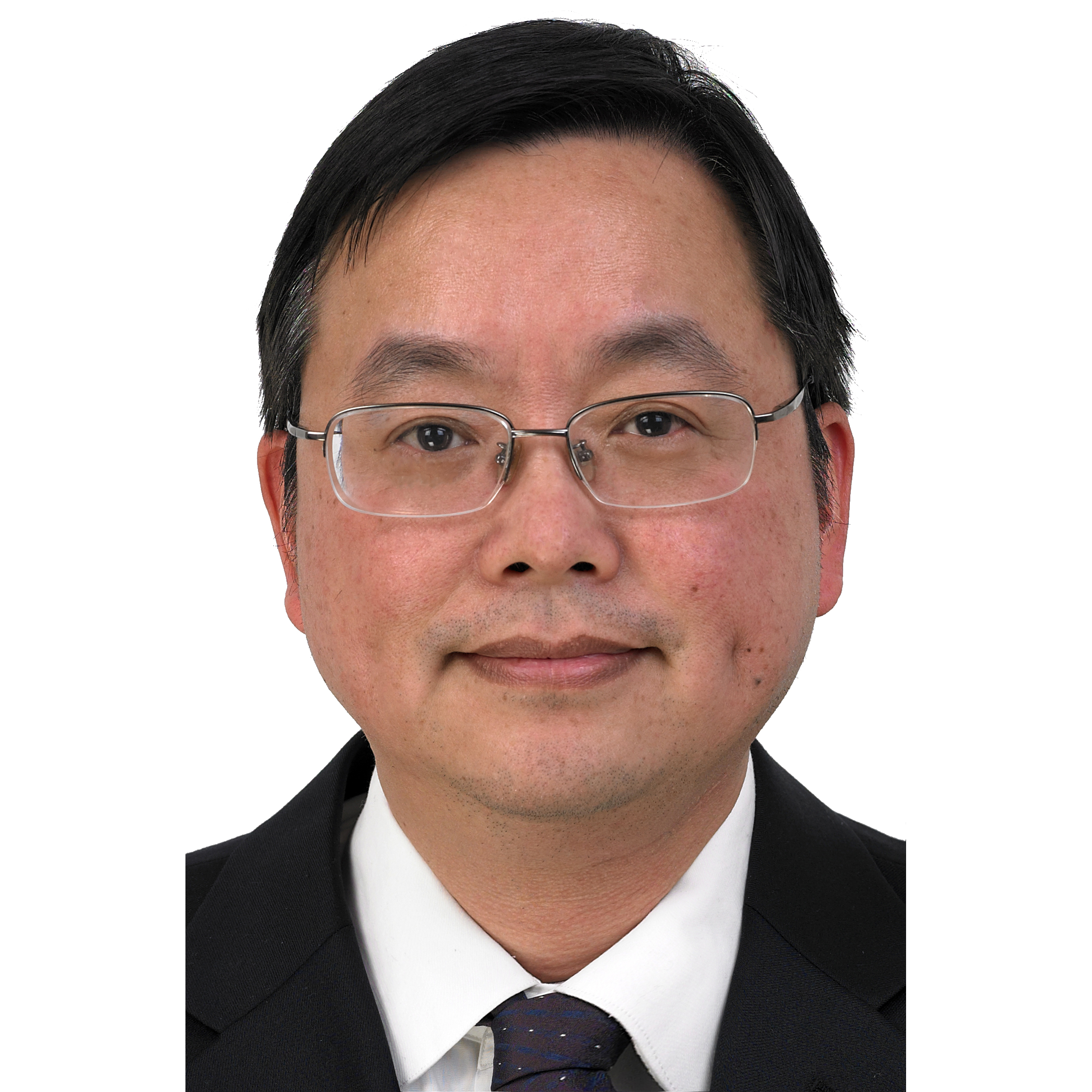
Speaker
Qin, Zhongjun
Time
2021.10.13 16:00-17:30
Abstract
Eukaryotic genomes are generally organized in multiple chromosomes. Here we have created a functional single chromosome yeast from a Saccharomyces cerevisae haploid cell containing sixteen linear chromosomes through successive chromosome end-to-end fusions and centromere deletions. The fusion of sixteen native linear chromosomes into a single chromosome result in dramatic changes in the global chromosomal three-dimensional structure due to the loss of all centromere-, most of the telomere-associated inter-chromosomal interactions and 67.4% of intra-chromosomal interactions. However, the single-chromosome and wild-type yeast cells have nearly identical transcriptome and similar phenome profiles. The giant single chromosome can support cell life, but displays less fitness in several aspects such as growth across environments and competitiveness, gametes production and viability. This synthetic biology study paves a new path for exploring the eukaryote evolution with respect to chromosome structure and function.
Bio
In 1987, he obtained a bachelor's degree in microbiology from Wuhan University. In 1993, he received a Ph.D. in Microbiology from Huazhong Agricultural University and was named Associate Professor in 1994. From 1995 to 2001, he worked as a postdoctoral fellow and visiting scholar at the laboratory of Professor Stanley N. Cohen, Department of Genetics, Stanford University. In 2001, he was appointed as a researcher by the Chinese Academy of Sciences' “Introduction of Foreign Talents” program. He was appointed as a researcher by the Shanghai Institute of Plant Physiology and Ecology of the Chinese Academy of Sciences. In 2003, he was supported by the National Natural Science Foundation of China Outstanding Youth Fund Project. In 2016, he was appointed as the director of the Key Laboratory of Synthetic Biology of the Chinese Academy of Sciences. He has published more than 80 papers in academic journals at home and abroad (60 papers of responsible authors).
Has long been engaged in the molecular genetics research and application of actinomycetes. In cooperation with Zhejiang Hisun Pharmaceutical Co., Ltd., the industrial strains of the antiparasitic drugs doramectin and nemadectin are constructed and improved by techniques such as genome engineering. The output value in 2011-2014 is about 780 million yuan. The “Genetic Engineering Construction of Doramectin Industrial Producing Bacteria and Its Industrialization Technology” project won the second prize of 2014 Shanghai Technology Invention (ranked first). The eukaryotic Saccharomyces cerevisiae, the world's first single chromosome, was created. On August 2, 2018, the paper was published in the academic journal of the world's top academic journal Nature.
